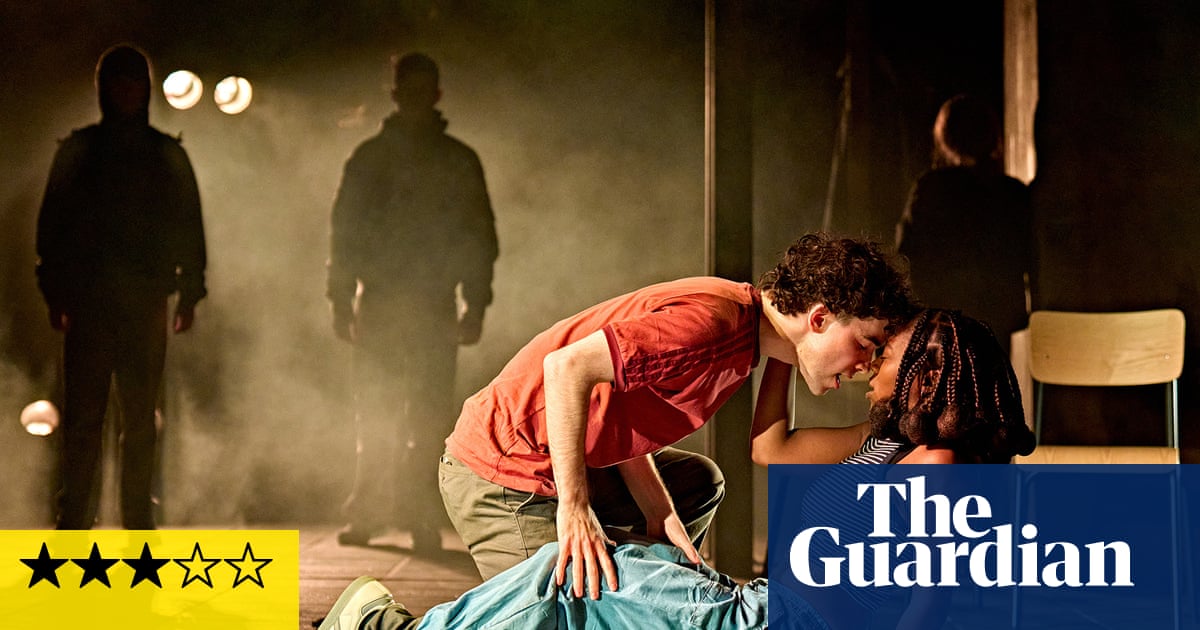
"The production confronts the audience with a modern take on Romeo and Juliet, emphasizing concepts of racism and social division between Noughts and Crosses."
"Callum and Sephy, as open-hearted best friends, navigate a harsh world of racial and class structures that dictate their positions in society."
"Sephy's character growth illustrates the awakening to privilege while Callum's experience reflects anger and determination against systemic oppression."
"Despite the energetic performances, the adaptation's pacing compromises emotional depth, often moving too quickly through significant themes of the original narrative."
In Tinuke Craig's production of Malorie Blackman's 'Noughts & Crosses', the roles of races are reversed, depicting a society where white people, known as Noughts, are oppressed by the ruling Black individuals, the Crosses. The story follows Callum and Sephy, best friends navigating a world of severe racial and class divisions. The adaptation approximates the novel's key themes, addressing tough subjects like suicide and capital punishment, though the fast pace often overlooks emotional resonance. Craig's direction encapsulates clarity and energy, though the script's faithfulness may impede deeper exploration of the narrative.
Read at www.theguardian.com
Unable to calculate read time
Collection
[
|
...
]